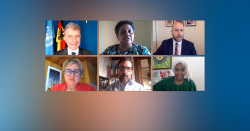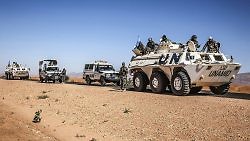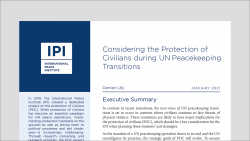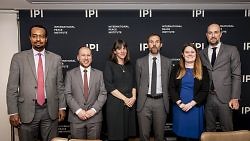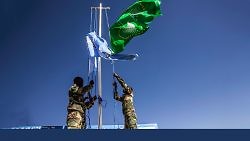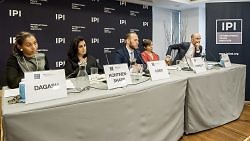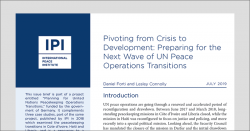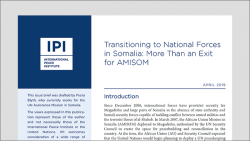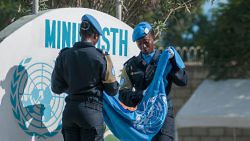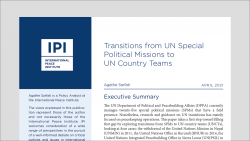
The UN Department of Political and Peacebuilding Affairs (DPPA) currently manages twenty-five special political missions (SPMs) that have a field presence. Nonetheless, research and guidance on UN transitions has mainly focused on peacekeeping operations. This paper takes a first step toward filling that gap by exploring transitions from SPMs to UN country teams (UNCTs).Focusing on […]
Read more